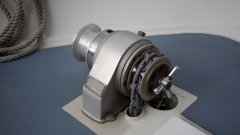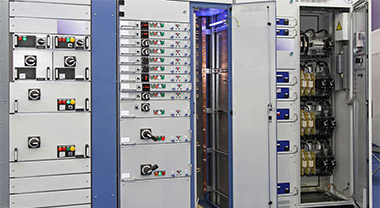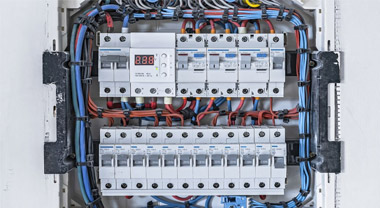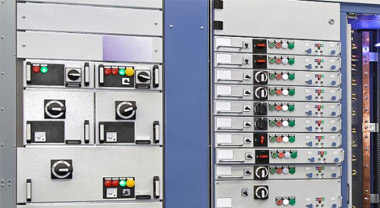When do we use a 4 poles circuit breaker instead of a 3 poles circuit breaker?
When it comes to circuit breakers, choosing the right type and number of poles is crucial for the safety and effectiveness of your electrical system. The choice between a 3-pole and 4-pole circuit breaker is often determined by the type of electrical system in use and the specific protection requirements. In this article, we'll examine the differences between these two types of circuit breakers and explore the scenarios in which a 4-pole breaker is used over a 3-pole breaker.
Table of Contents
- Introduction to Circuit Breakers
- Understanding 3-Pole Circuit Breakers
- Understanding 4-Pole Circuit Breakers
- Key Differences Between 3-Pole and 4-Pole Breakers
- Use Cases for 4-Pole Circuit Breakers
- Conclusion
Introduction to Circuit Breakers
Circuit breakers are safety devices in an electrical system that halt the flow of current in the event of an overload or short circuit. The number of poles in a circuit breaker refers to the number of circuits the device can protect. The poles represent individual switches within the breaker, each of which corresponds to a different wire or phase of electricity.
Understanding 3-Pole Circuit Breakers
A 3-pole circuit breaker is used primarily in three-phase electrical systems, which are common in large buildings and industrial applications. These systems consist of three different phases of AC electrical current, each of which is protected by one of the poles in the breaker. A 3-pole breaker can interrupt the circuit in all three phases simultaneously, providing comprehensive protection against overloads and short circuits.
Understanding 4-Pole Circuit Breakers
A 4-pole circuit breaker offers similar functionality to a 3-pole breaker, with an additional pole for neutral line protection. While the neutral wire in an electrical system typically carries no current, there are circumstances where it can become live and pose a safety risk. The fourth pole in a 4-pole circuit breaker can disconnect the neutral wire, providing an extra level of protection.
Key Differences Between 3-Pole and 4-Pole Breakers
The primary difference between 3-pole and 4-pole circuit breakers is the addition of neutral line protection in the latter. Both types of breakers are used in three-phase electrical systems, but 4-pole breakers are generally used in scenarios where there is a potential for a fault in the neutral wire.
Use Cases for 4-Pole Circuit Breakers
So, when should you use a 4-pole circuit breaker instead of a 3-pole one? Here are some scenarios:
- Unbalanced loads: In systems with unbalanced loads, where the load on one or more phases is significantly different from the others, a fault condition can cause current to flow through the neutral wire. A 4-pole breaker can disconnect the neutral wire in such cases, preventing potential safety issues.
- Harmonic currents: Certain types of equipment, such as computers and energy-efficient lighting, can generate harmonic currents. These currents can cause the neutral wire to carry higher levels of current, posing a potential risk. A 4-pole breaker can provide additional protection in these scenarios.
- Residual current protection: 4-pole circuit breakers can be combined with residual current devices (RCDs) to provide protection against electric shock. This is particularly useful in situations where there is a high risk of electric shock, such as in bathrooms or outdoors.
Conclusion
Whether to use a 3-pole or a 4-pole circuit breaker depends largely on the specifics of your electrical system and the types of loads it needs to handle. 4-pole breakers provide an extra level of protection for the neutral wire, making them a good choice for systems with unbalanced loads, harmonic currents, or areas requiring additional protection against electric shock. As always, consulting with a qualified electrician can help ensure that you choose the right breaker for your needs.




